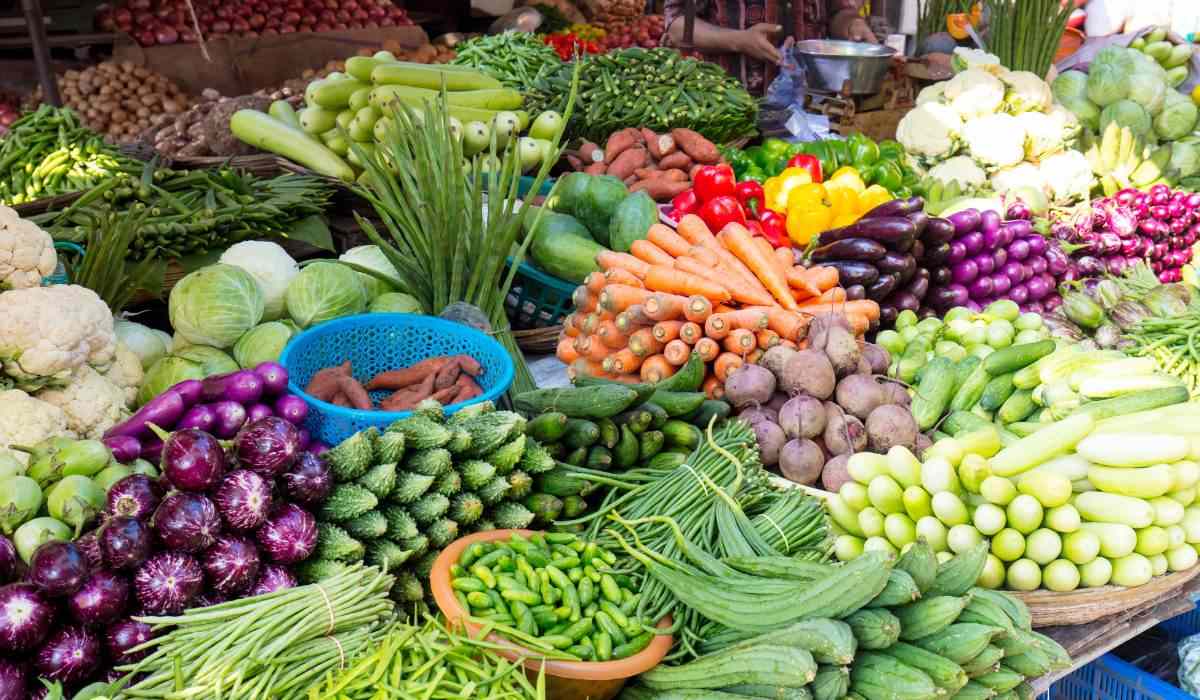Eating vegetables helps the body by providing essential vitamins, minerals, fibre, and antioxidants, which support digestive health, boost the immune system, and reduce the risk of chronic diseases like heart disease, stroke, and some cancers. They are low in calories and fat, helping with weight management, and can help regulate blood pressure and blood sugar.
However, if cooked in the wrong way, vegetables might end up doing more harm than good! Cooking vegetables the “right” way is important because it can enhance their nutritional value, improve digestibility, ensure food safety, and make them more appealing to eat. Overcooking or using improper methods can lead to a significant loss of water-soluble vitamins like Vitamin C and B vitamins, while other cooking methods can actually increase the bioavailability of certain nutrients like lycopene in tomatoes and beta-carotene in carrots.
What NOT to do while cooking vegetables?
Do not keep vegetables chopped for a long time
Many people cut vegetables the night before to get the job done quickly and keep them in the refrigerator. This habit is not healthy at all. If you cut vegetables in advance, the vitamins in the vegetables will be destroyed due to oxidation. So, cut the vegetables before cooking.
Vegetables chopped for a long time spoil faster due to increased surface area exposure to air and microbes, leading to nutrient loss, wilting, and faster decomposition. Cutting vegetables breaks down their cell walls, which accelerates the loss of water-soluble vitamins like vitamin C, and causes enzymatic browning, a process that deteriorates certain nutrients and can lead to a mushy texture over time.
Washing vegetables after peeling
Many people wash the vegetables thoroughly after peeling them. Because of this, all the benefits of the vegetables can be washed away in water. So, it is better to wash peeled vegetables like gourd, potato, ridge gourd, beetroot, carrot well first and then cut them.
You should not wash vegetables after peeling them because it causes a loss of water-soluble vitamins, such as Vitamin B and Vitamin C, which leach out into the water. Additionally, washing after cutting can transfer bacteria from the surface to the inside of the vegetable via the knife. It’s best to wash vegetables thoroughly before peeling or cutting to remove dirt and bacteria, while preserving their nutrients.
Cooking in high flame
You should not cook vegetables on a high flame because it destroys heat-sensitive vitamins, can create harmful compounds like acrylamide, and leads to the formation of potentially damaging substances like Advanced Glycation End products (AGEs). High heat causes significant loss of nutrients like vitamins A, B, and C, and can alter the chemical structure of fats and produce harmful byproducts that may be linked to health problems. Take time to cook the food. The longer it takes for the food to get cooked, the better it is for the body.
Do not overcook veggies
You should not overcook vegetables because it leads to a significant loss of nutrients, particularly heat-sensitive ones like vitamin C and B vitamins. Overcooking also negatively impacts the vegetable’s flavor, texture, and color, making it mushy and dull.
Use less oil while cooking vegetables
Cooking vegetables in less oil is beneficial because it reduces calorie intake, lowers the risk of heart disease, aids in weight management, and can improve digestion. Reducing oil consumption also minimizes the intake of unhealthy fats, helping to lower bad cholesterol levels and decrease the risk of chronic diseases like obesity and diabetes.
Go local, eat seasonal vegetables
Eating seasonal vegetables is beneficial because they are more nutritious and flavourful, more affordable, and better for the environment. They provide the specific nutrients your body needs for that particular season, and buying them locally supports your community’s farmers and economy.


